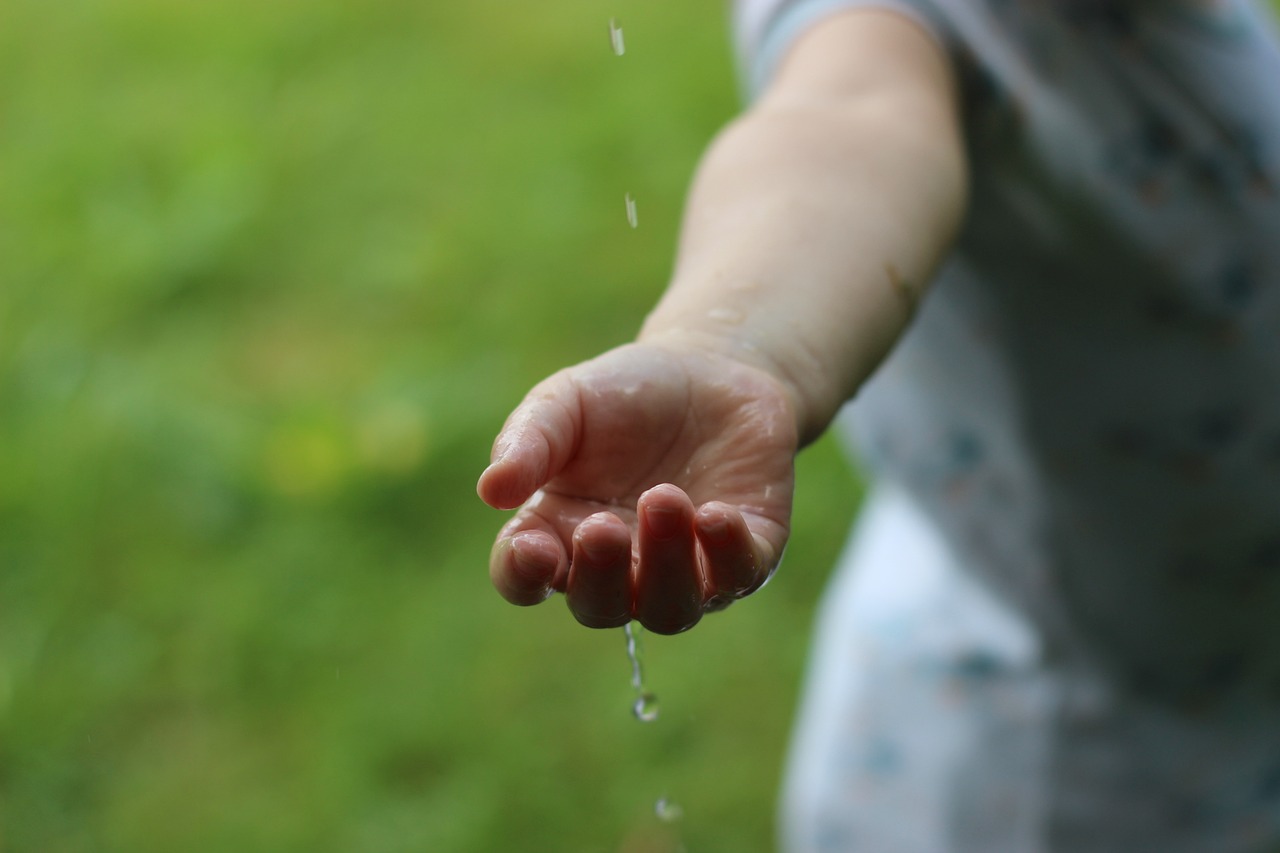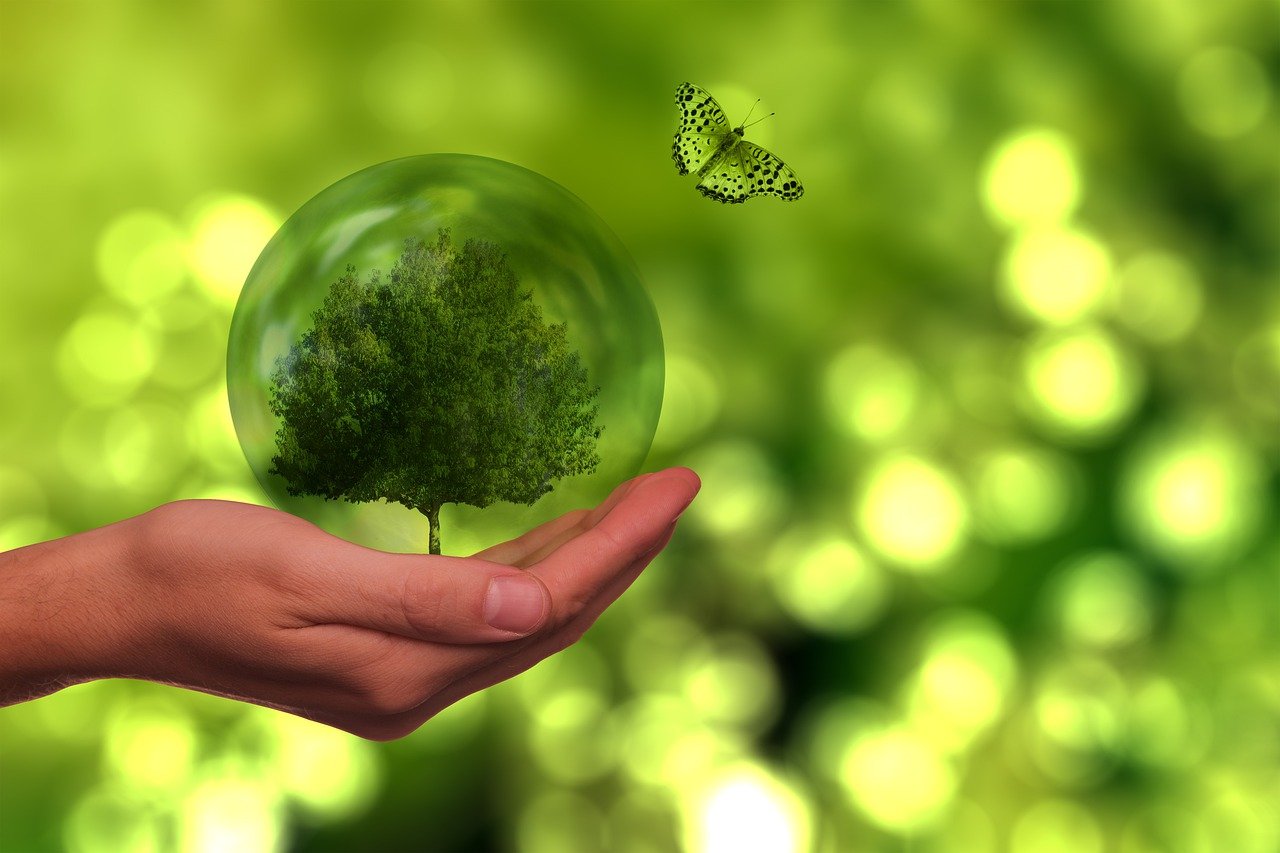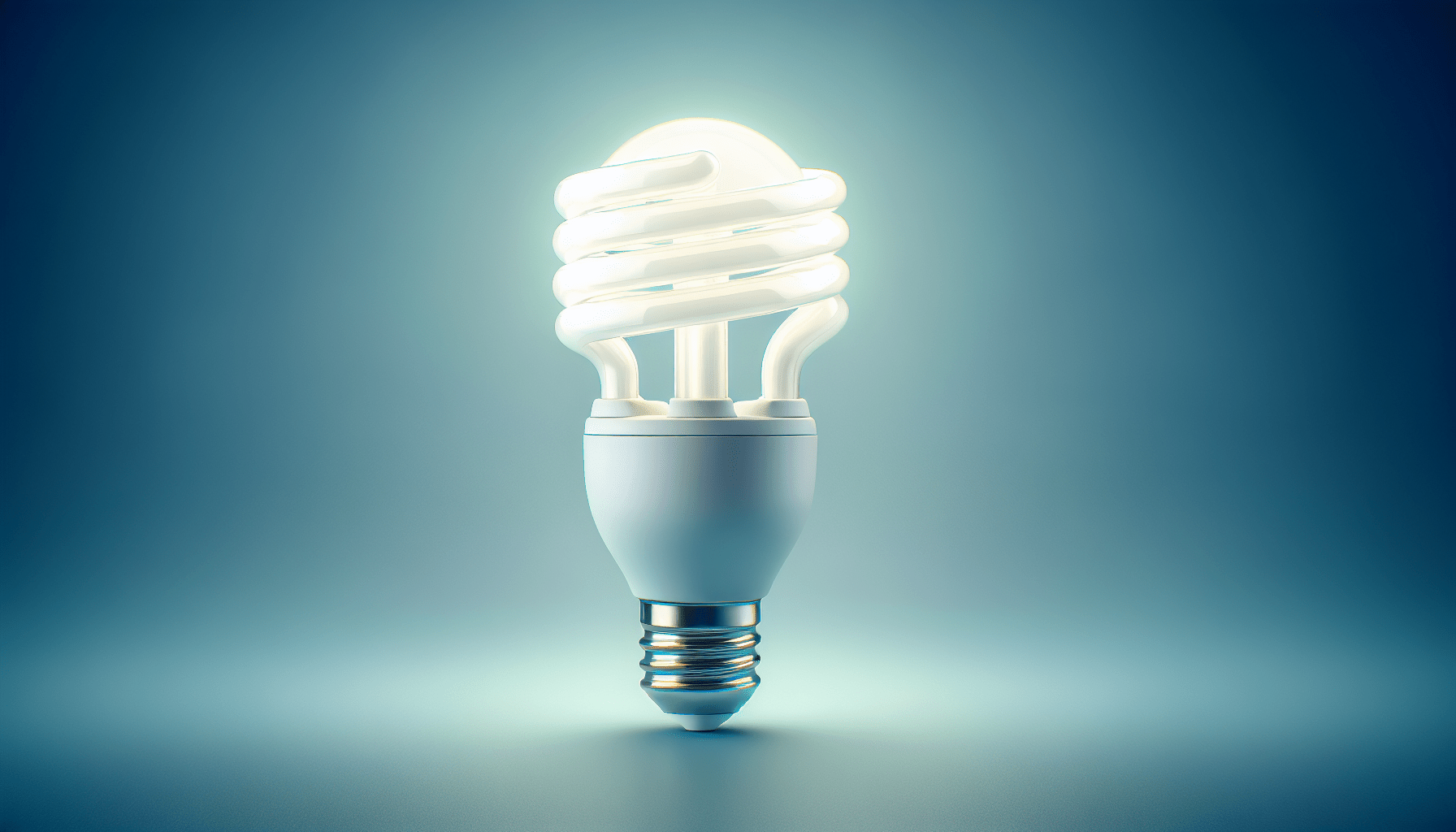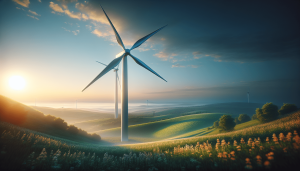Have you ever wondered how we can save energy more effectively? The topic of energy conservation is more relevant now than ever, given the increasing demands on our energy resources and the growing awareness of environmental impacts. In this article, we’ll explore practical and efficient ways to conserve energy in our daily lives. From simple changes to larger investments, these best practices can help us save energy and reduce our carbon footprint.
Understanding Energy Consumption
Before we delve into the best practices, it’s important to understand where and how we consume energy. Gaining insight into our energy consumption helps us identify areas where we can make significant improvements.
Common Sources of Energy Consumption
Energy is used in various aspects of our daily lives. Understanding these sources helps us find opportunities to conserve energy effectively.
- Home Heating and Cooling: This typically accounts for the largest portion of energy use in a household.
- Lighting: The use of incandescent bulbs versus LED can greatly influence energy consumption.
- Appliances: Refrigerators, washers, dryers, and other household appliances consume a considerable amount of energy.
- Electronics: TVs, computers, and other electronic devices add up over time.
- Water Heating: Hot water heaters are often overlooked but are significant energy consumers.
Energy Audits
Performing a home energy audit is a great way to understand our energy usage. Professional energy auditors can identify inefficiencies and recommend improvements, but there are also many DIY tools available to get us started.
Best Practices for Home Heating and Cooling
Heating and cooling our homes efficiently can lead to substantial energy savings.
Insulation
Proper insulation regulates our home’s temperature, reducing the need for excessive heating or cooling.
Thermostat Settings
Using programmable thermostats can automatically adjust the temperature for optimal energy savings. Setting thermostats lower in winter and higher in summer when we are away from home can save a significant amount of energy.
Weatherproofing
Sealing gaps and cracks in doors and windows can prevent air leaks, maintaining a steady indoor temperature without extra energy expenditure.
HVAC Maintenance
Regular maintenance of heating, ventilation, and air conditioning (HVAC) systems ensures they run efficiently. Changing filters, cleaning ducts, and checking for leaks can significantly improve performance.

Energy-Efficient Lighting
The type and usage of lighting in our homes can affect overall energy costs.
LED Bulbs
LED bulbs use up to 75% less energy compared to incandescent bulbs and last up to 25 times longer. Switching to LED lighting is one of the simplest and most effective energy conservation steps.
Natural Light
Maximizing natural light during the day reduces the need for artificial lighting. We can achieve this by strategically placing mirrors and using light-colored paint for walls and ceilings to reflect natural light.
Smart Lighting
Using smart lighting systems that can dim or turn off lights automatically when not needed can lead to energy savings.
Efficient Use of Appliances
Our household appliances can be energy hogs if not used efficiently.
Energy Star Appliances
When buying new appliances, choosing those that are Energy Star certified can save up to 50% more energy compared to standard models.
Proper Usage
Using appliances according to manufacturer recommendations and running them only when necessary can save energy.
Regular Maintenance
Keeping appliances in good working order ensures they operate efficiently. For example, cleaning the coils on the back of refrigerators can reduce energy consumption.

Electronics and Standby Power
Electronics and gadgets can draw power even when turned off, known as standby power or “phantom load.”
Unplugging Devices
We should unplug devices when not in use to eliminate standby power consumption.
Smart Strips
Using smart power strips that automatically cut power to devices when they are not in use can help us manage and reduce standby power.
Water Heating Efficiency
Heating water is another significant energy user in our homes.
Tankless Water Heaters
Tankless water heaters provide hot water only when needed, reducing the energy wasted in constantly heating a tank of water.
Insulating Water Heaters
Insulating water heater tanks and pipes can reduce heat loss and improve efficiency.
Lowering Water Heater Temperature
Setting the water heater to a lower temperature (around 120°F or 49°C) can save energy while still providing adequate hot water.

Renewable Energy Sources
Exploring renewable energy sources can drastically reduce our reliance on non-renewable resources.
Solar Panels
Installing solar panels can significantly lower energy costs and reduce our carbon footprint.
Wind Turbines
For those with suitable locations, wind turbines can provide another renewable energy source.
Geothermal Systems
Geothermal energy can be used for heating and cooling homes efficiently by tapping into the earth’s natural heat.
Behavioral Changes
Our daily habits and behaviors also play a crucial role in energy conservation.
Turning Off Lights
Simply turning off lights when leaving a room can reduce energy use.
Adjusting Appliance Settings
Using eco settings on appliances like dishwashers and washing machines can save energy.
Conscious Usage
Being mindful of energy consumption in our daily activities, such as taking shorter showers and not overusing heating and cooling, can make a big difference.

Community and Policy Actions
Energy conservation is not just an individual effort; community and policy actions are equally important in creating a larger impact.
Community Programs
Participating in community-based programs aimed at energy efficiency can amplify our conservation efforts.
Supporting Policies
Advocating for and supporting policies that promote renewable energy and energy efficiency can lead to greater systemic change.
Educational Initiatives
Engaging in and promoting educational initiatives about energy conservation can help spread awareness and encourage more people to adopt energy-saving practices.
Conclusion
By implementing these best practices for energy conservation, we can make significant strides in reducing our energy consumption and environmental impact. Whether through simple changes like switching to LED bulbs or larger investments like installing solar panels, every effort counts. Let’s work together to create a more energy-efficient future for us all.




